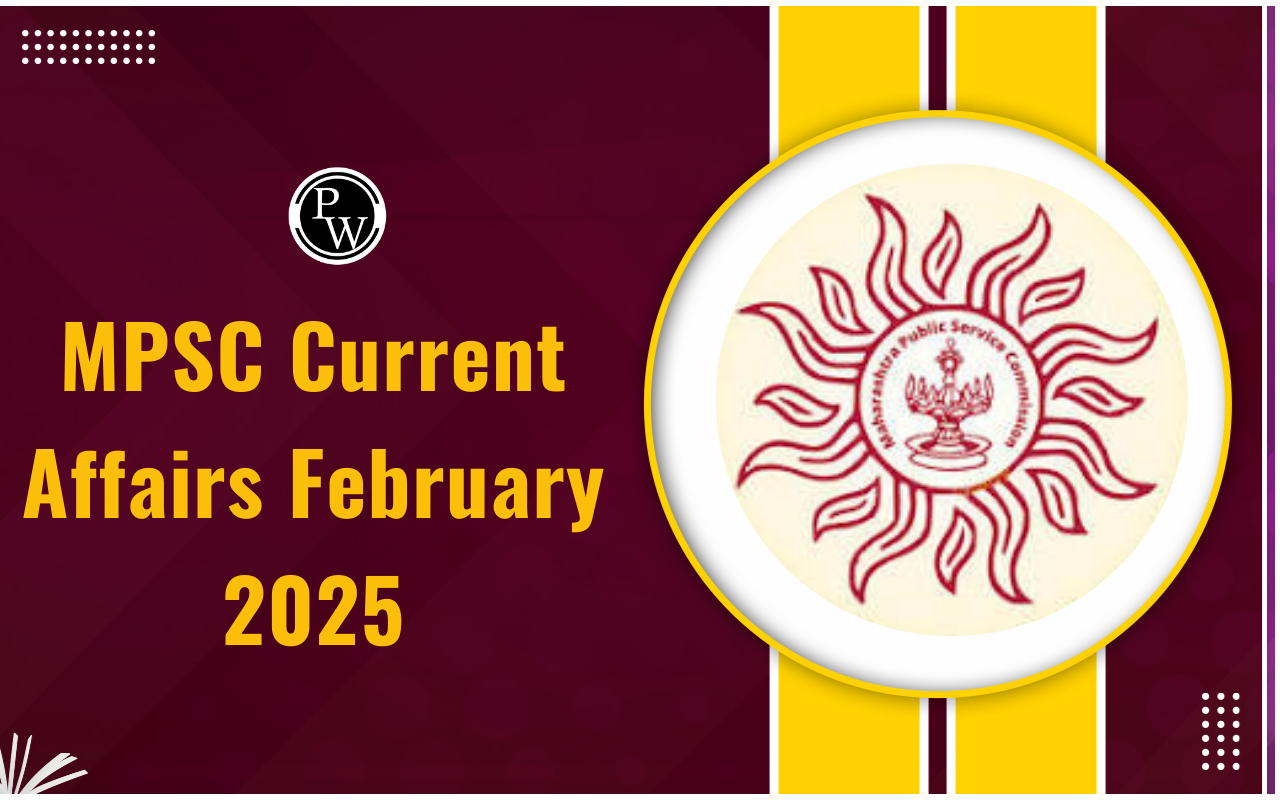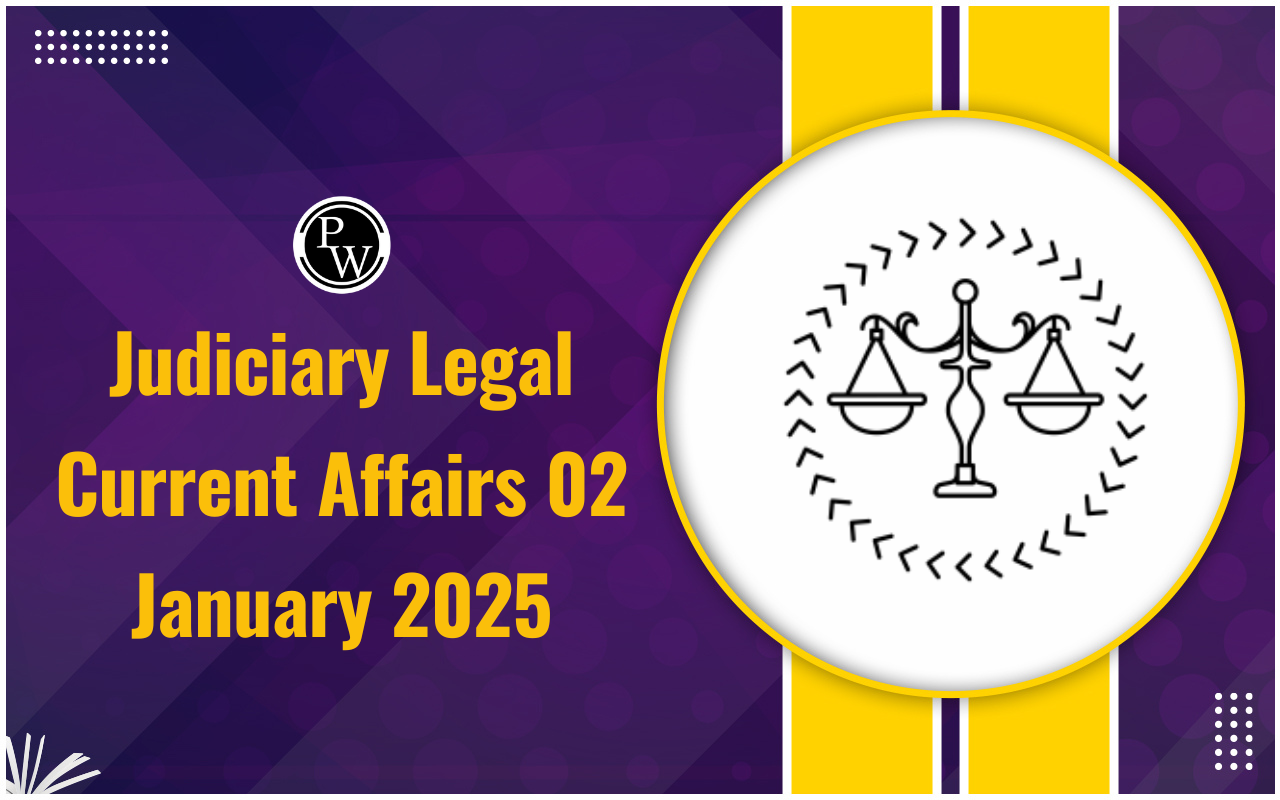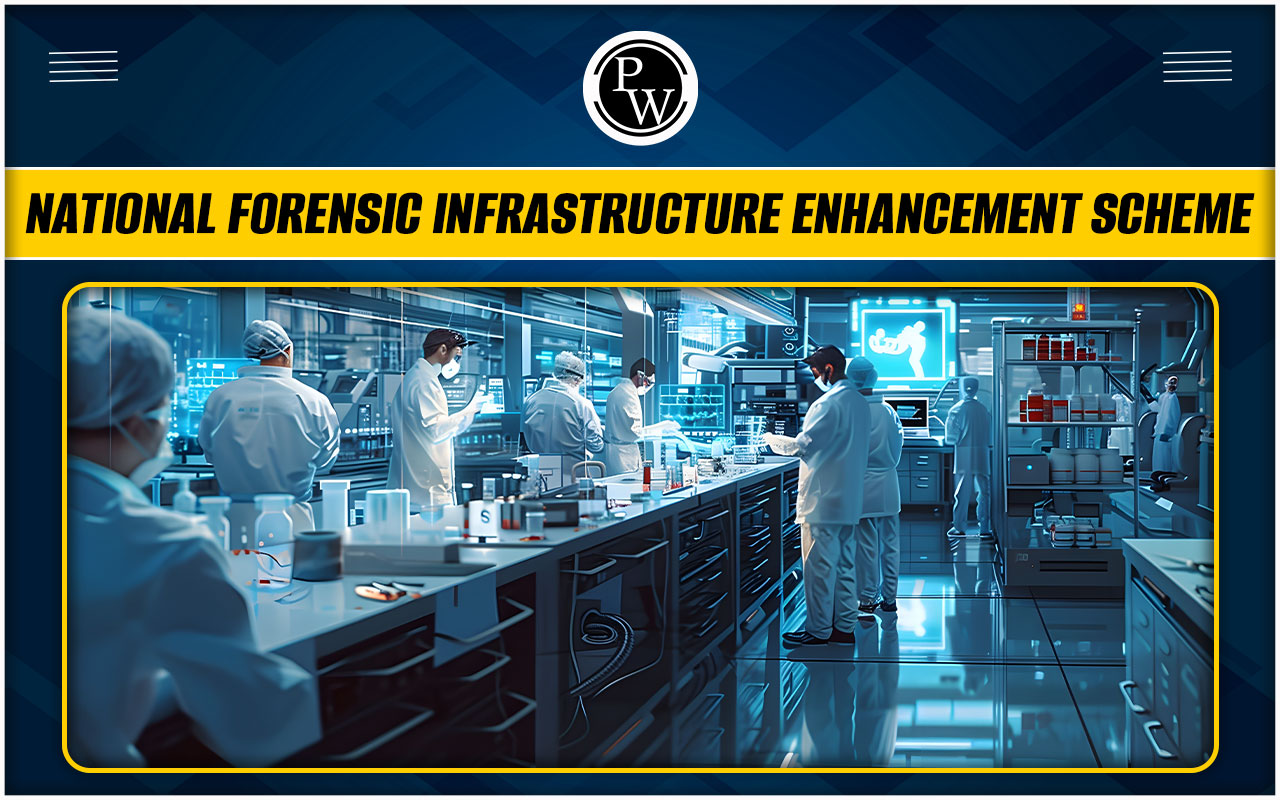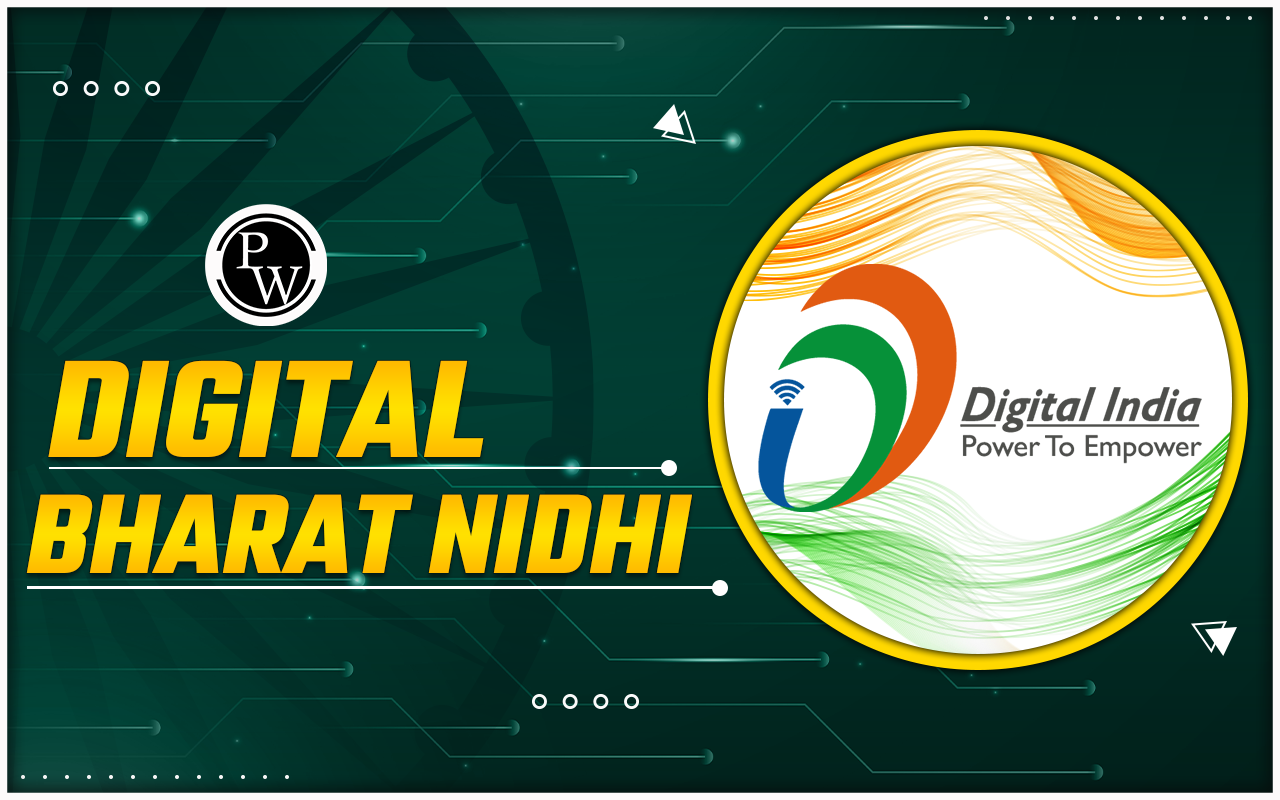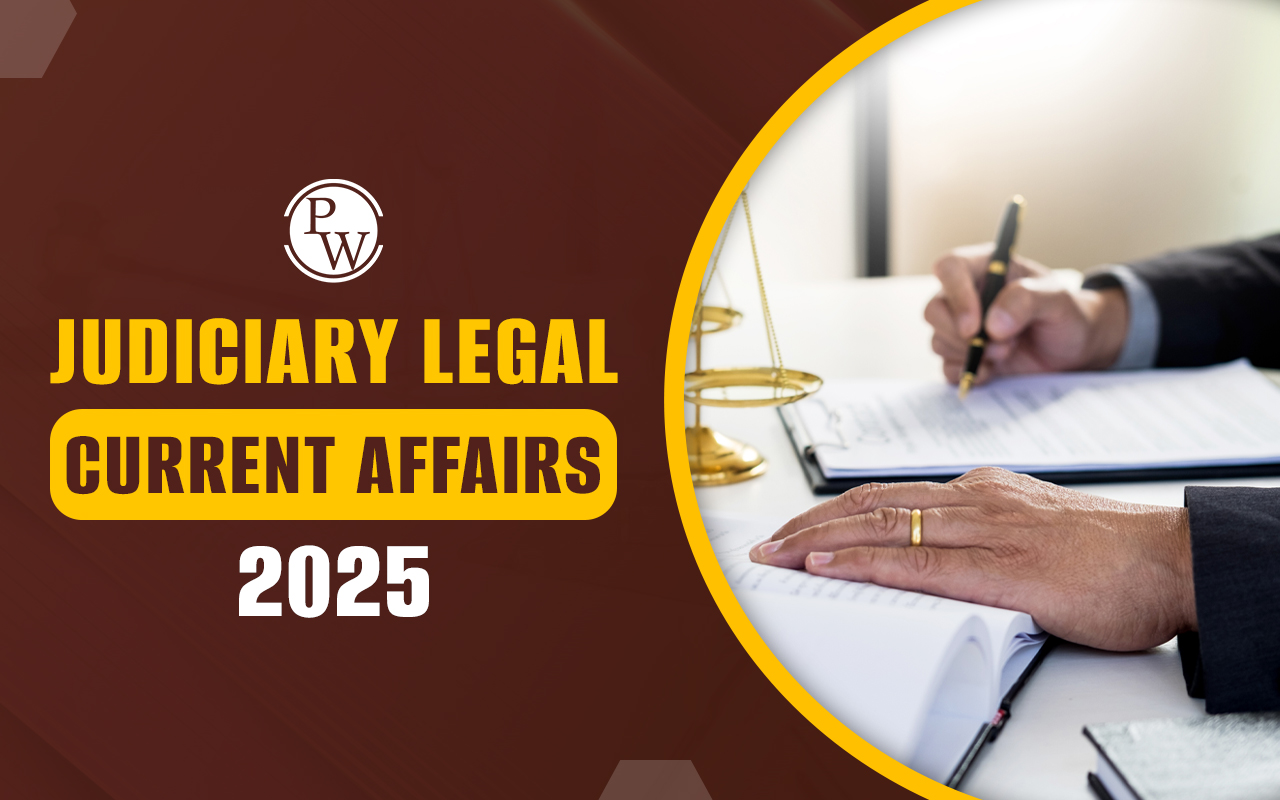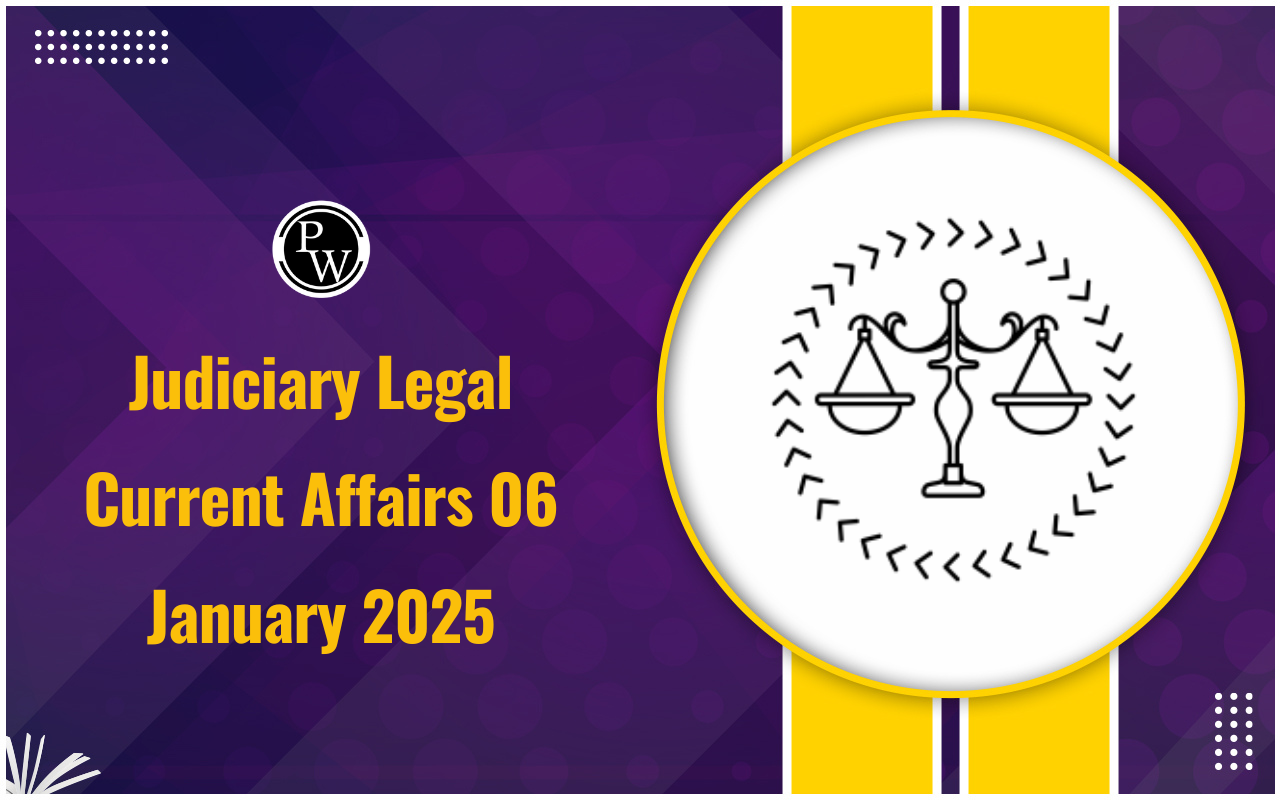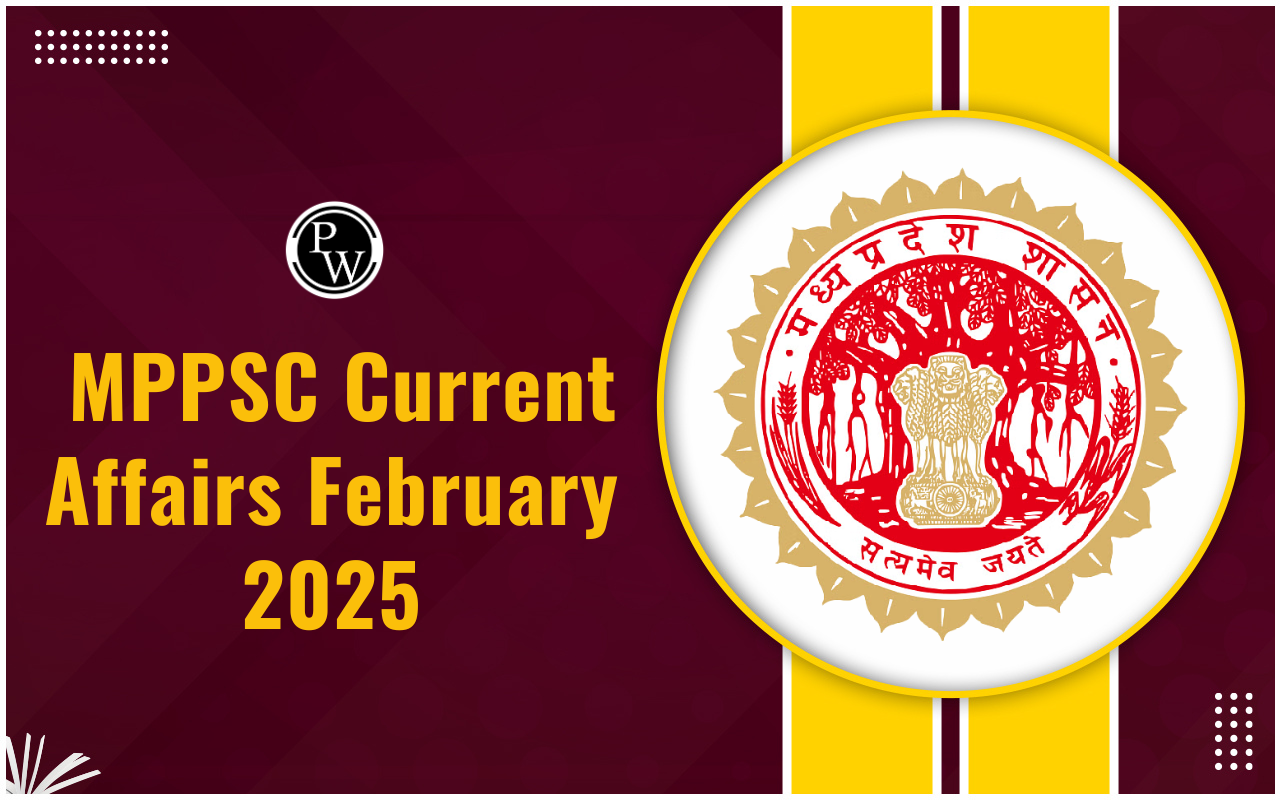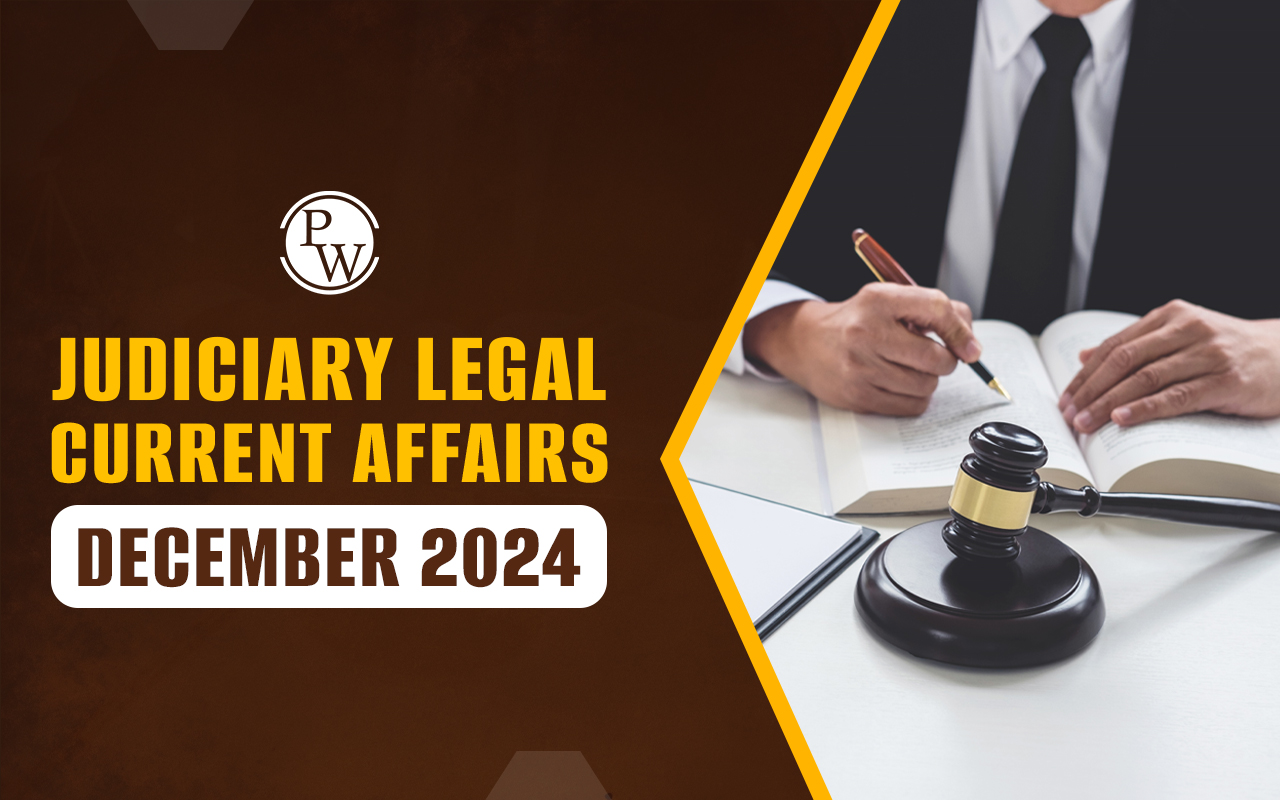
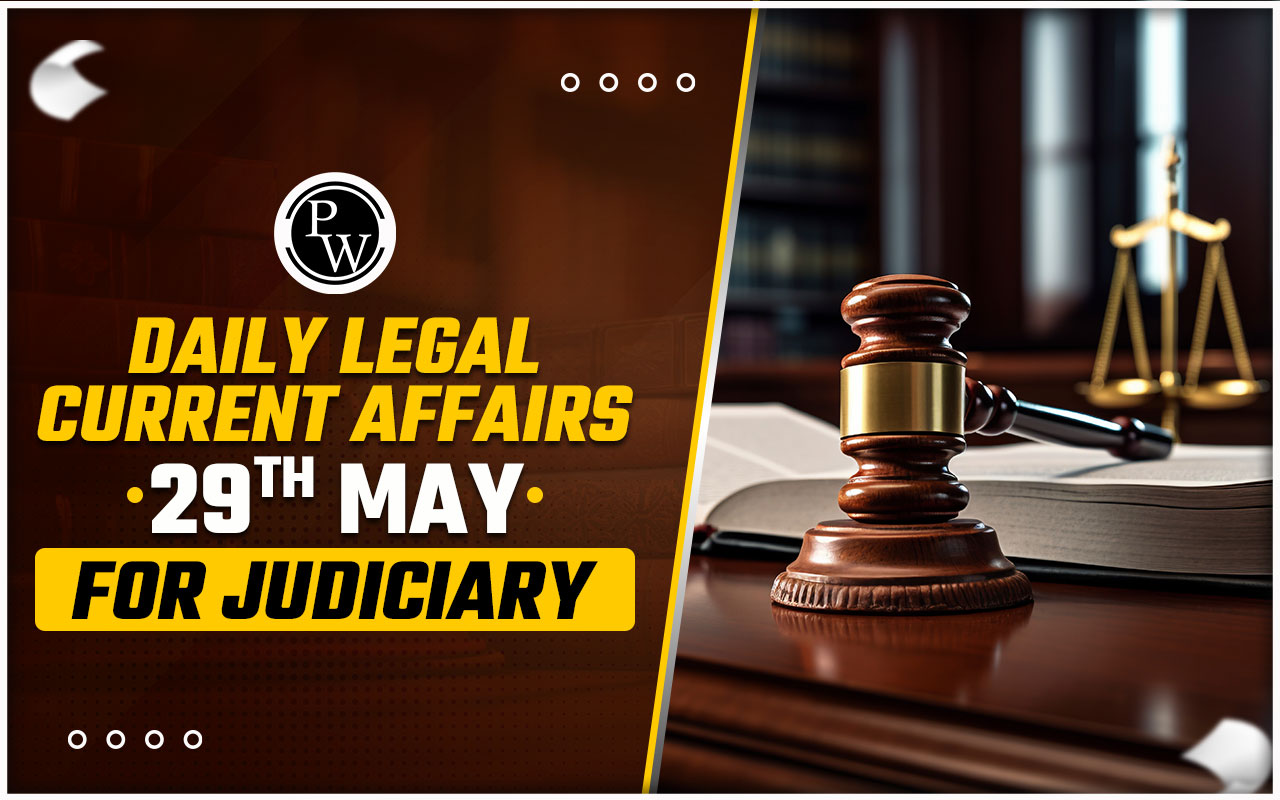
M/S SAS Infratech Pvt. Ltd. v. The State of Telangana & Anr
-
- BENCH: Justices Bela M Trivedi and Pankaj Mithal
- FORUM: Supreme Court of India
- FACTS OF THE CASE
-
-
- The magistrate had perused the complaint and the documents in support thereof, and also the submissions made by the complainant and after having been prima facie satisfied, it had exercised its judicial discretion directing investigation under Section 156(3) of Cr. P.C.
- Against the decision of the magistrate, the accused preferred petition under Section 482 CrPC before the High Court.
- The High Court allowed the petition and set aside the magistrate's order directing a police investigation.
-
- COURT’S OBSERVATION
-
-
- Judicial Magistrate cannot be said to have taken cognizance of an offence by directing an investigation by the police under Section 156 (3) of the Code of Criminal Procedure.
-
- Devarapalli Lakshminarayana Reddy And Others v. V. Narayana Reddy And Others (1976) 3 SCC 252
- When the Magistrate in exercise of his judicial discretion directs investigation under Section 156(3) of Cr. P.C., he cannot be said to have taken cognizance of any offence.
-
-
- It is only when the Magistrate after applying his mind prefers to follow the procedure under Chapter XV of Cr.P.C. by resorting to Sections 200, he can be said to have taken cognizance of the offence.
- When on receiving a complaint, the Magistrate applies his mind for the purposes of proceeding under Section 200 and the succeeding sections in Chapter XV of the Code of 1973, he is said to have taken cognizance of the offence within the meaning of Section 190(1)(a).
- If, instead of proceeding under Chapter XV, he has, in the judicial exercise of his discretion, taken action of some other kind, such as issuing a search warrant for the purpose of investigation, or ordering investigation by the police under Section 156(3), he cannot be said to have taken cognizance of any offence.
- The Supreme Court held that the High Court shouldn't have exercised its discretionary powers under Section 482 CrPC in the instant case.
- Magistrate's order being just, legal and proper, the High Court should not have interfered with the same, more particularly while exercising limited powers under Section 482 of Cr. P.C.
- The court allowed the complainant's appeal and restored the magistrate order directing a police investigation.
-
The Divisional Controller, KSRTC And N N Mahadeva
-
- BENCH: Justice Jyoti Mulimani
- FORUM: Karnataka High Court
- FACTS OF THE CASE
-
-
- on January 27, 2013, it was found that conductor N N Mahadeva had failed to issue tickets to three passengers who were travelling from Gonikoppa to B.Shettageri and had not collected a fare of Rs.17, each, a total amounting to Rs.51 (Rupees Fifty One only).
- The Checking Officials submitted a detailed report to the Corporation. The articles of charge were issued to the respondent.
- The conductor was charged and dismissed for non-issuing of tickets to passengers travelling on the bus.
- The conductor submitted his reply denying the charges levelled against him.
- The disciplinary authority appointed an inquiry officer. The inquiry officer conducted a detailed inquiry and submitted his findings holding that the charges were proved.
- The conductor was issued with the second show cause notice along with the findings of the inquiry officer and the past history of 122 cases. He submitted his reply to the second show cause notice.
- The disciplinary authority taking into consideration the materials on record, passed an order of dismissal on 21.07.2015.
- The Conductor, Mahadeva, questioned the order of dismissal by filing a Claim Petition under Section 10(4-A) of the Industrial Disputes Act, 1947 before the Labour Court, Mysuru.
-
- The Labour Court directed the reinstatement of a conductor working with the Karnataka State Road Transport Corporation.
- COURT’S OBSERVATION
-
- The disciplinary authority, while taking into consideration the findings of the inquiry officer and passing the order of penalty, is required to look into the past conduct of the workman.
- Regulation 25 of the KSRTC (Conduct and Discipline) Regulations, 1971 also mandates to refer to the past conduct and history sheet of the workman.
- The respondent was involved in 122 cases in the past. The disciplinary authority taking into consideration the same, passed an order of punishment and rightly dismissed the respondent from the service.
- Hence, the Labour Court could not have viewed the order of punishment so lightly.
- The Labour Court has failed to have regard to relevant considerations and disregarded relevant matters.
- The domestic inquiry conducted by the Corporation was fair and proper, vide award dated:07.06.2017 partly allowed the Claim Petition and modified the order of punishment directing the Corporation to reinstate the respondent into service and ordered that the Corporation shall withhold two increments of the respondent cumulatively and bring down the salary status with those two increments.
- The Court held that there cannot be a similar yardstick in all cases of disciplinary matters. Each case differs as the misconduct also varies from case to case.
- Each case depends on the gravity of the misconduct coupled with the history of the worker.
- The duty of a Conductor is to issue tickets, collect the fare and account for the same. He is paid a salary for this work.
- In the present case, the workman has failed to discharge his duties diligently and honestly.
- Hence, it was held that the conductor is not interested in discharging his professional duties diligently. Therefore, he does not deserve any sympathy, muchless a misplaced sympathy.
- The Court allowed the appeal and set aside the labour court order and confirmed the order of dismissal
Also Check- Daily Legal Current Affairs 28th May 2024
Abu @Abdulla v. State of Kerala
-
- BENCH: Justice P B Suresh Kumar and Justice M B Snehalatha
- FORUM: Kerala High Court
- PROVISION UNDER CONSIDERATION: Section 106 Indian Evidence Act
- FACTS OF THE CASE
-
-
- Accused, who was the father of a 7-year-old physically challenged girl, held the victim upside down by her legs and hit her face on the floor with force thereby causing head injuries.
- The incident allegedly took place on January 14, 2010 and a complaint was filed by the brother-in-law of the accused alleging that he caused her death out of anger.
- The victim succumbed to injuries on her way to hospital.
-
- Accused’s Contention
-
-
-
- Sessions Court convicted only on the basis of medical evidence and by applying Section 106 of the Evidence Act even though all the witnesses turned hostile.
- There was no substantive evidence to prove the occurrence and the accused must have been acquitted.
-
-
- COURT’S OBSERVATION
-
- The Court referred to the statement of the doctor who conducted the autopsy of the victim to state that the death was caused by 'blunt violence' to the head, which means the injury was caused by some other person.
- Thus, the Court on analyzing the medical evidence stated that the prosecution was able to prove that the death of the victim was caused by homicide.
- The Court found that the brother-in-law of the accused who was the complainant turned hostile and submitted that the death of the victim occurred due to a fall.
- All other persons residing in the house who were present at the time of the alleged incident had stated that the victim suffered injuries from a fall.
- The Court stated that there was no evidence to prove the occurrence since the witnesses turned hostile.
- There is no reverse burden on the father under Section 106 Evidence Act to explain the circumstances of the daughter's death.
- Section 106 of the Evidence Act is an exception to the general rule (Section 101 of the Evidence Act) that the burden of proof is on the person who is asserting the existence of a fact.
- As per Section 106 of the Evidence Act if any fact is within the special knowledge of a person, the burden of proving that fact is on him.
- The Sessions Court found that the petitioner was duty-bound to explain the homicidal death of his daughter that took place in the house.
- The Sessions Court held that non-explanation of the incident caused a strong circumstance against the accused that he is responsible for commission of the crime.
- Section 106 of the Evidence Act has no application in the facts of the case since all the witnesses took a consistent stand that death occurred due to the fall of the victim from an elevated place in the house.
- In such a situation, the burden to prove the occurrence will not be shifted to the accused in terms of Section 106 of the Indian Evidence Act.
- Kerala High Court acquitted a man held guilty and sentenced to life imprisonment by the Sessions Court for the murder of his 7-year-old daughter.
Chandra Mouli v. State of Kerala
-
- BENCH: Justice K. Babu
- FORUM: Kerala High Court
- FACTS OF THE CASE
-
-
- The petitioner is alleged to have committed offences under Sections 7, 8, 9(o) & 10 of the Protection of Children from Sexual Offences Act, 2012 (POCSO Act), Section 354-A(1)(i) of the Indian Penal Code, Section 75 of the Juvenile Justice (Care and Protection of Children) Act and Section 3(2) (va) of the Scheduled Castes and Scheduled Tribes (Prevention of Atrocities) Act, 1989.
- The petitioner submitted an application seeking certified copy of the statement of the victim recorded under Section 164 CrPC.
- The Special Judge passed an order directing the petitioners to file an affidavit stating the copy of the statement will not be misused.
- An appeal was filed against the proceedings of the Fast Track Special Court (POCSO), Thrissur directing the petitioner to file an affidavit stating the copy of the statements of the victim will not be misused.
- The petitioner challenged this order saying that firstly, he has a statutory right to get the statement of the victim, and secondly, there are adequate safeguards in law to protect the interest of the victim.
- Therefore, the direction of the special court is an act of imposing onerous and illegal conditions on the petitioner as well as his counsel.
- The counsel for the petitioner submitted that the petitioner under S. 207 of Cr.P.C. has a right to get free of cost documents which include the statement recorded under Section 164. Section 31 of the POCSO Act says that the provisions of Cr.P.C shall apply to the proceedings except as provided in the POCSO Act.
- Section 228-A of Indian Penal Code, Section 23 and 33(7) of POCSO Act, Section 66 & 67 of the Information Technology Act, Section 74 of the Juvenile Justice Act. These provisions are in place to protect the identity of the victim.
- Sakshi v. Union of India and Nipun Saxena and Another v. Union of India and Others , the Supreme Court of India laid down the procedures to make the victim feel safe in the court and directions to keep the identity of the victim safe.
- The petitioner also submitted that the Bar Council can proceed against any lawyers for misconduct in any form under Chapter V of the Advocates' Act.
- Any misuse of the statement of the victim recorded under Section 164 of Cr.P.C by any person including the lawyer concerned is taken care by the statutes and by the direction issued by the Supreme Court.
-
- COURT’S OBSERVATION
-
- The Kerala High Court quashed a Special Court order directing a lawyer to file an affidavit stating that the copy of witness statement recorded under Section 164 CrPC will not be "misused" by him.
- The special court has been directed to issue the certified copies of statements of the victim to the petitioner.
- A lawyer is an officer of the court and Courts are not expected to form an apprehension, without any foundation, that the lawyer may do some illegal acts during the course of his profession. A lawyer is always expected to discharge his duties and responsibilities legally.
- A Court is not expected to form an apprehension without any foundation that the lawyer may do some illegal acts during the course of his profession. Issuing any proceedings or directions by any court of law without any foundation on the apprehension that the lawyer may do some acts illegally is an interference in the right to practice.
Judiciary Exam Current Affairs FAQs
How many months of current affairs is required for a Judiciary Exam?
The candidates are recommended to prepare for at least a year before appearing in the Judiciary examination.
Where can I study current affairs for the Judiciary?
The candidates can study and get the daily current affairs for Judiciary from the official page of Physic Wallah.
How can I prepare for Judiciary current affairs?
The candidates can prepare for the Judiciary current affairs by reading newspapers daily and exploring the online material available.
🔥 Trending Blogs
Talk to a counsellorHave doubts? Our support team will be happy to assist you!

Free Learning Resources
PW Books
Notes (Class 10-12)
PW Study Materials
Notes (Class 6-9)
Ncert Solutions
Govt Exams
Class 6th to 12th Online Courses
Govt Job Exams Courses
UPSC Coaching
Defence Exam Coaching
Gate Exam Coaching
Other Exams
Know about Physics Wallah
Physics Wallah is an Indian edtech platform that provides accessible & comprehensive learning experiences to students from Class 6th to postgraduate level. We also provide extensive NCERT solutions, sample paper, NEET, JEE Mains, BITSAT previous year papers & more such resources to students. Physics Wallah also caters to over 3.5 million registered students and over 78 lakh+ Youtube subscribers with 4.8 rating on its app.
We Stand Out because
We provide students with intensive courses with India’s qualified & experienced faculties & mentors. PW strives to make the learning experience comprehensive and accessible for students of all sections of society. We believe in empowering every single student who couldn't dream of a good career in engineering and medical field earlier.
Our Key Focus Areas
Physics Wallah's main focus is to make the learning experience as economical as possible for all students. With our affordable courses like Lakshya, Udaan and Arjuna and many others, we have been able to provide a platform for lakhs of aspirants. From providing Chemistry, Maths, Physics formula to giving e-books of eminent authors like RD Sharma, RS Aggarwal and Lakhmir Singh, PW focuses on every single student's need for preparation.
What Makes Us Different
Physics Wallah strives to develop a comprehensive pedagogical structure for students, where they get a state-of-the-art learning experience with study material and resources. Apart from catering students preparing for JEE Mains and NEET, PW also provides study material for each state board like Uttar Pradesh, Bihar, and others
Copyright © 2025 Physicswallah Limited All rights reserved.



